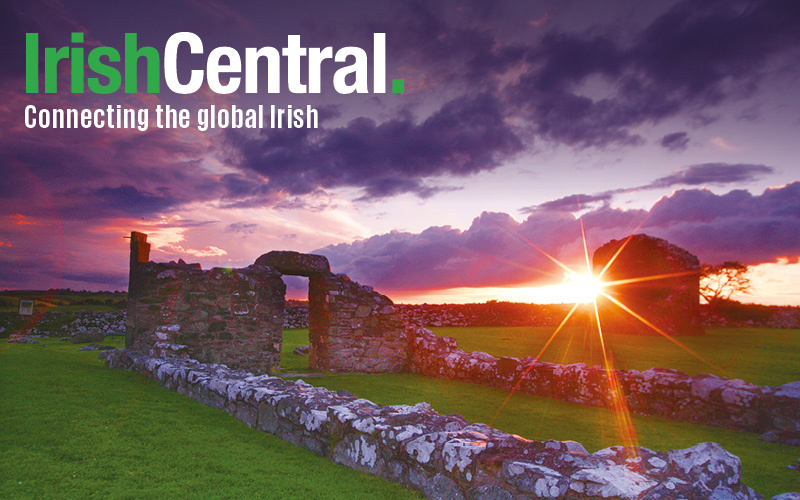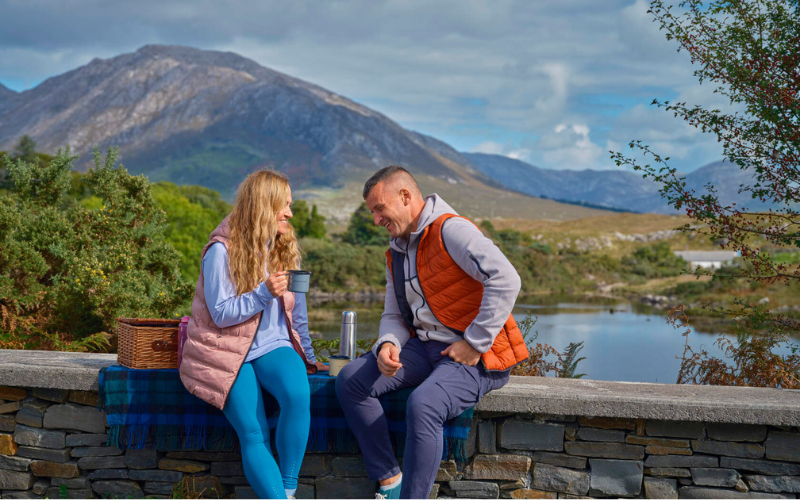Prince William has targeted Irish rhino horn smugglers among others in a major campaign to end smuggling of illegal wildlife.
The illegal rhino horn trade is masterminded by the Rathkeale Rovers, a group of Irish travelers based in the Limerick town of Rathkeale who have raked in tens of millions reselling stolen rhino horns, say police in Europe and America
Writing in the Huffington Post and speaking later at a World Bank event Prince William stated:
“The illegal wildlife trade is now the fourth most lucrative transnational crime after drugs, arms and human trafficking. Such has become the wealth associated with some animal parts like elephant tusk and rhino horn, that the trade is now estimated to be worth between $10 and $20 billion.”
“Around the world, wildlife crime is responsible for the slaughter of tens of thousands of animals each year."
The prince added that through the Royal Foundation, which he founded along with his wife and brother, they have assembled a "powerful global alliance of seven of the world's most influential conservation organisations … to combat the trade on a number of fronts, including; improving protection and enforcement on the ground, reducing demand for wildlife products, supporting local communities and helping the business community and legal systems tackle international trafficking.
"Together, we have the means to stop this corrosive trade."
The prince was clearly targeting the Rathkeale Rovers among other smuggling groups.
At the height of the Rovers’ rhino horn-smuggling exploits, from 2011 to 2013, there were 67 thefts across 15 nations, from museums and private collections to auction houses and even zoos. Scattered individual arrests were made in 2012.
In early 2013, Operation Oakleaf came to a head, with coordinated raids across eight European countries that led to the arrests of 30 people with links to Rathkeale, including Richard Kerry O’Brien, the ‘King of the Travellers.’
The backstory on rhino horn is that it’s one of the priciest illegal commodities in the world, part of a global black market trade estimated at $10 billion a year. The going rate for powdered rhino horn has skyrocketed in recent years, making it “pound for pound worth more than cocaine or heroin.” The substance has long been prized in Asia as a remedy in traditional medicine and is experiencing a renaissance among the elite of Vietnam and China, where it is sometimes consumed recreationally.
Whether appearing in "My Big Fat Gypsy Wedding," convening in Rathkeale for their annual winter gathering, or getting busted as operators in an international rhino horn smuggling ring, the Rathkeale Rovers have been a consistent point of interest in the media over the past year – a slight irony given that the Travellers are one of Ireland’s most sidelined ethnic groups.
The Rovers began attracting the attention of authorities around the world in recent years. Due to their mostly transient existence, the Rovers were able to fly under the radar for quite some time, until certain patterns started to emerge from their occasional run-ins with local police. As Businessweek journalist Adam Higginbotham explains:
“Often the individual had presented a U.K. driver’s license and given a vague or transient address in England; sometimes a German or French policeman had written down a phonetic version of the suspect’s place of origin as ‘Raheele’ or ‘Rackeel.’ When questioned, the men were aggressive; their names were infuriatingly similar; they sometimes had multiple identities; frequently every word they said was a lie. They proved impossible to track in police databases. . . . At the end of a crime report detailing the activities of one Irish suspect, the Scandinavian author broke out of formal bureaucratic language to add a plaintive postscript: ‘Is there anybody that knows how to deal with these people?’”
After being linked to a number of rhino horn-related heists in recent years – from the 2010 customs seizure of a stash of horns at Shannon Airport to a set-up in Colorado later that year in which two sometimes-residents of Rathkeale, Richard O’Brien and Michael Hegarty, claimed to merely be antiques dealers decorating a castle in Ireland with an African theme – the pieces started to fall into place.
Now the attack by Prince William is bound to further focus attention on the Irish Travellers and their role in the illegal wildlife trade.




Comments